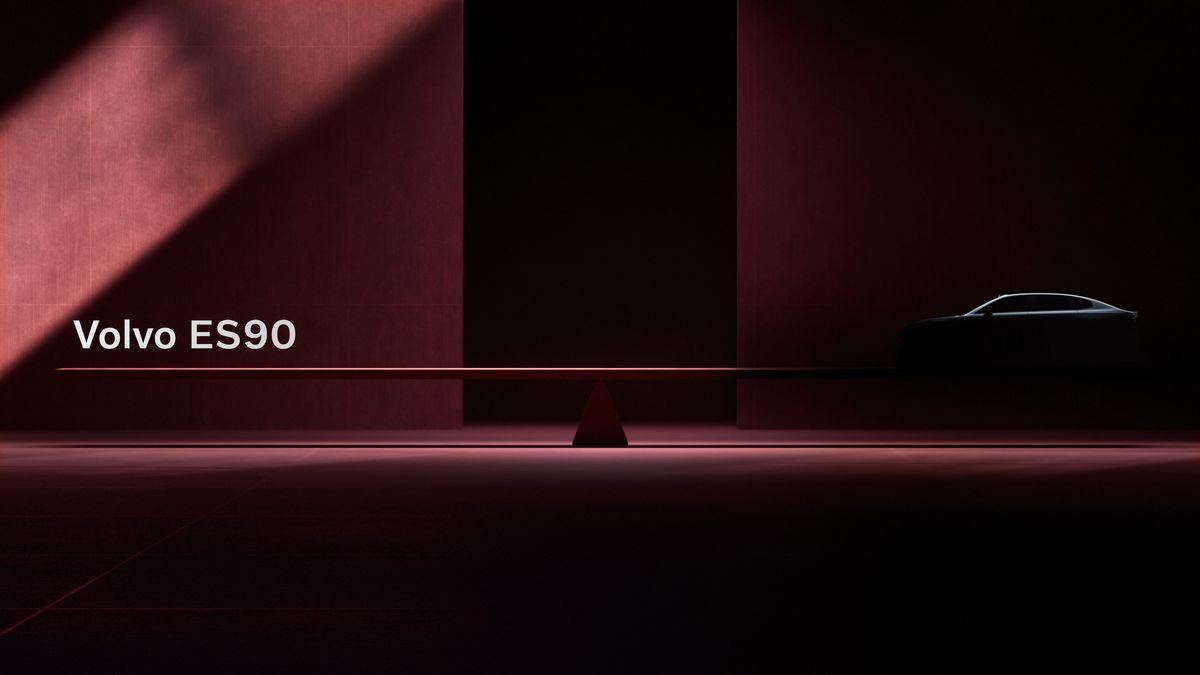Volvo Cars Unveils Unified Tech Stack For Future Electric Vehicle Lineup

-Irwin Mills
Published: Thursday, September 5, 2024, 21:06 [IST]
Volvo
Cars
unveiled
a
transformative
technology
strategy
at
its
Capital
Markets
Day
in
Gothenburg,
Sweden.
This
new
approach
focuses
on
creating
cars
that
improve
over
time.
Starting
with
the
EX90,
future
electric
vehicles
will
utilise
the
Volvo
Cars
Superset
tech
stack.
This
unified
system
includes
all
necessary
modules
and
functionalities
for
upcoming
models,
allowing
continuous
enhancement.
The
Superset
tech
stack
is
designed
to
be
modular
and
adaptable.
Each
new
car
will
use
a
subset
of
these
building
blocks,
ensuring
ongoing
improvements. “The
Volvo
Cars
Superset
tech
stack
is
a
true
game
changer:
it
allows
all
of
our
engineering
effort
to
be
channeled
into
one
single
direction
that
powers
all
our
products,
instead
of
working
on
specific
car
projects,” said
Anders
Bell,
Chief
Engineering
and
Technology
Officer
at
Volvo
Cars.
This
approach
ensures
that
advancements
made
for
one
model
benefit
others.
For
instance,
work
on
the
EX90
will
enhance
the
ES90
and
future
models
like
the
EX60.
This
method
guarantees
that
cars
already
in
customers’
hands
also
receive
updates.
Volvo’s
closed-loop
development
process
leverages
data,
connectivity,
software,
and
core
computing
to
continuously
refine
their
vehicles.
This
shift
is
as
significant
as
moving
to
electrification.
It
impacts
everything
connected
to
the
car’s
electrical
system,
offering
limitless
potential
benefits.
Real-time
insights
and
advanced
computing
capabilities
enable
relentless
improvement
of
every
vehicle
aspect.
Engineers
can
make
constant
enhancements
based
on
real-world
data
from
cars
in
use.
Next-Generation
SPA3
Platform
A
key
component
of
this
strategy
is
the
SPA3
platform,
which
underpins
future
electric
vehicles
like
the
upcoming
EX60
mid-size
SUV.
SPA3
builds
on
previous
platforms
but
introduces
significant
upgrades,
including
enhanced
core
computing
capabilities
for
better
performance
and
features.
The
SPA3
architecture
is
highly
scalable,
allowing
Volvo
to
develop
various
car
sizes
using
the
same
technology
base.
This
modularity
reduces
investment
costs
and
increases
production
efficiency.
Lower
Production
Costs
The
scalable
nature
of
SPA3
leads
to
increased
synergies
and
technological
efficiency
in
core
computing,
batteries,
e-motors,
megacasting,
and
modular
manufacturing.
These
factors
significantly
reduce
production
costs.
The
Torslanda
plant
exemplifies
this
approach
by
housing
all
necessary
production
capabilities
in
one
location.
Using
common
components
across
all
SPA3-based
cars
reduces
complexity
and
enhances
flexibility.
Volvo
Cars
in
2023
In
2023,
Volvo
Car
Group
achieved
a
record-breaking
core
operating
profit
of
SEK
25.6
billion.
Revenue
reached
an
all-time
high
of
SEK
399.3
billion
with
global
sales
hitting
708,716
cars.
About
Volvo
Car
Group
Founded
in
1927,
Volvo
Cars
is
now
a
globally
respected
brand
with
sales
in
over
100
countries.
Listed
on
Nasdaq
Stockholm
under “VOLCAR
B”,
Volvo
aims
to
become
a
fully
electric
car
maker
and
achieve
net
zero
greenhouse
gas
emissions
by
2040.
As
of
December
2023,
Volvo
employed
around
43,400
full-time
staff.
The
company’s
headquarters
are
in
Gothenburg,
Sweden,
with
production
plants
in
Gothenburg;
Ghent
(Belgium);
South
Carolina
(US);
Chengdu;
Daqing;
Taizhou
(China).
R&D
centres
are
located
in
Gothenburg
and
Shanghai
(China).
“For
life.
To
give
people
the
freedom
to
move
in
a
personal,
sustainable
and
safe
way.” This
mission
drives
Volvo’s
commitment
to
sustainability
and
innovation.
More
From
DriveSpark
Get The Best Drivespark Stories!
Allow Notifications
You have already subscribed

